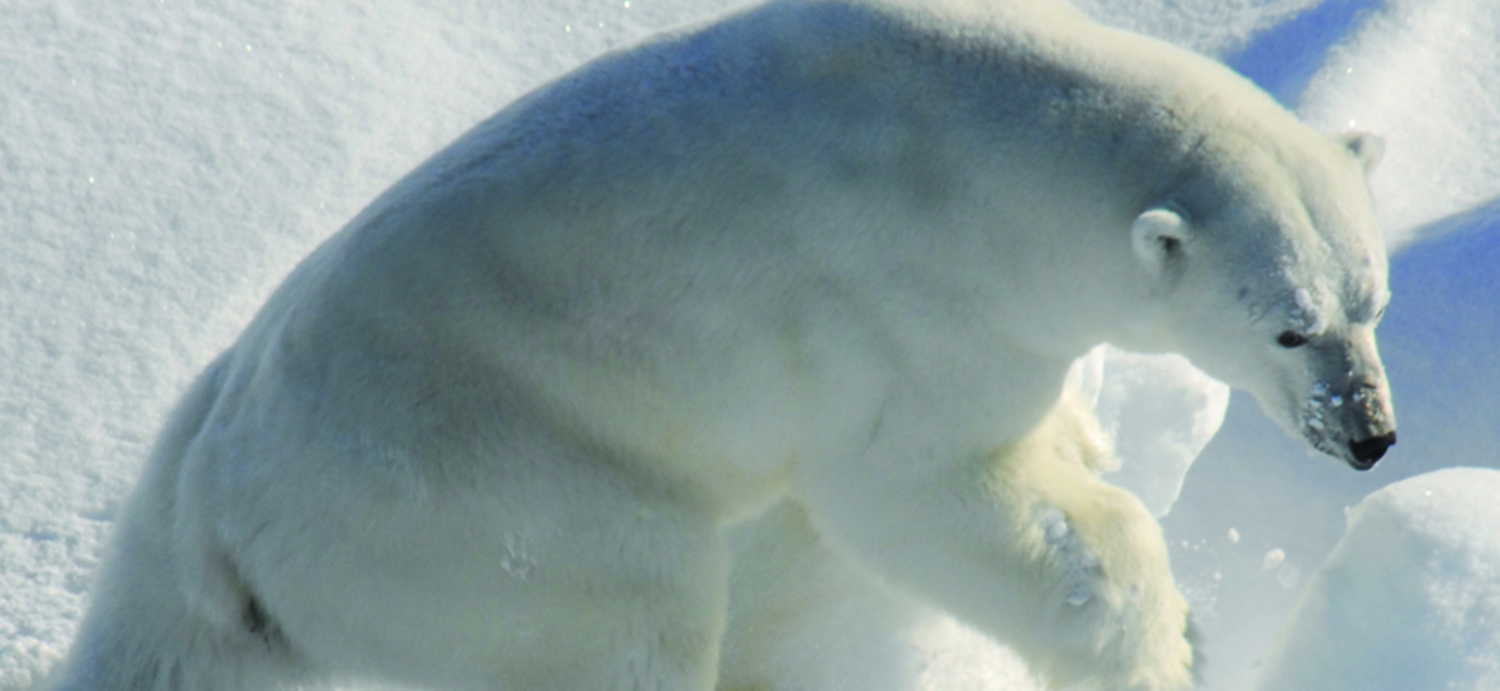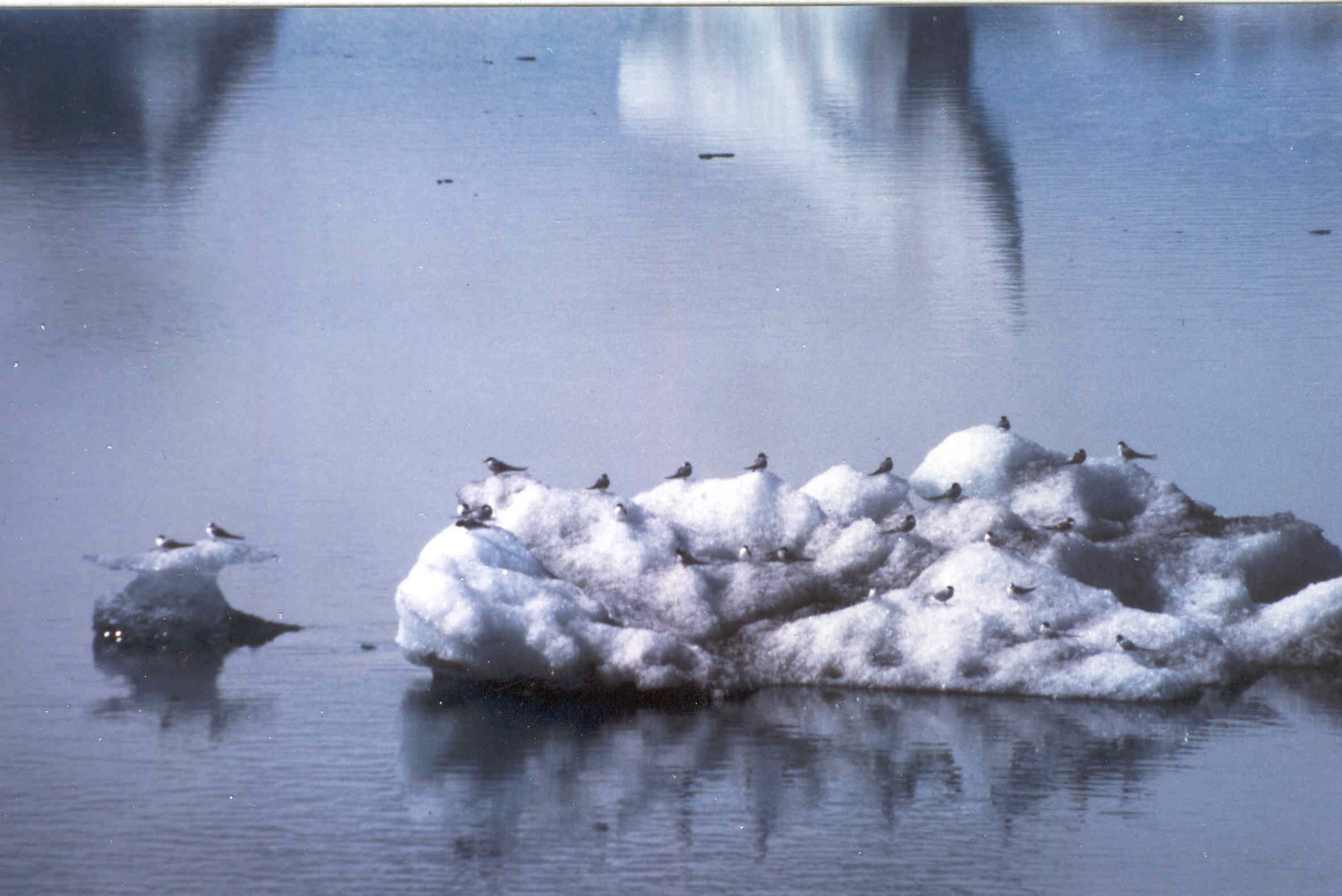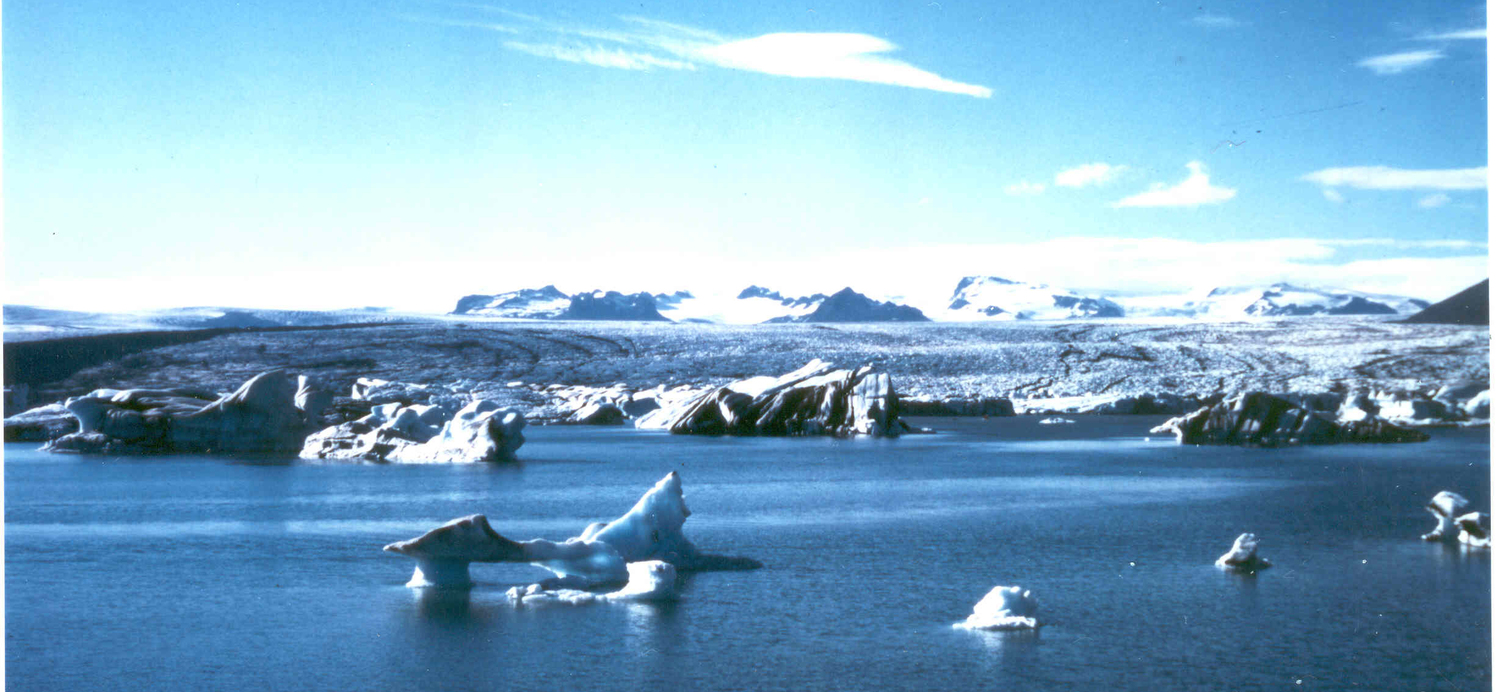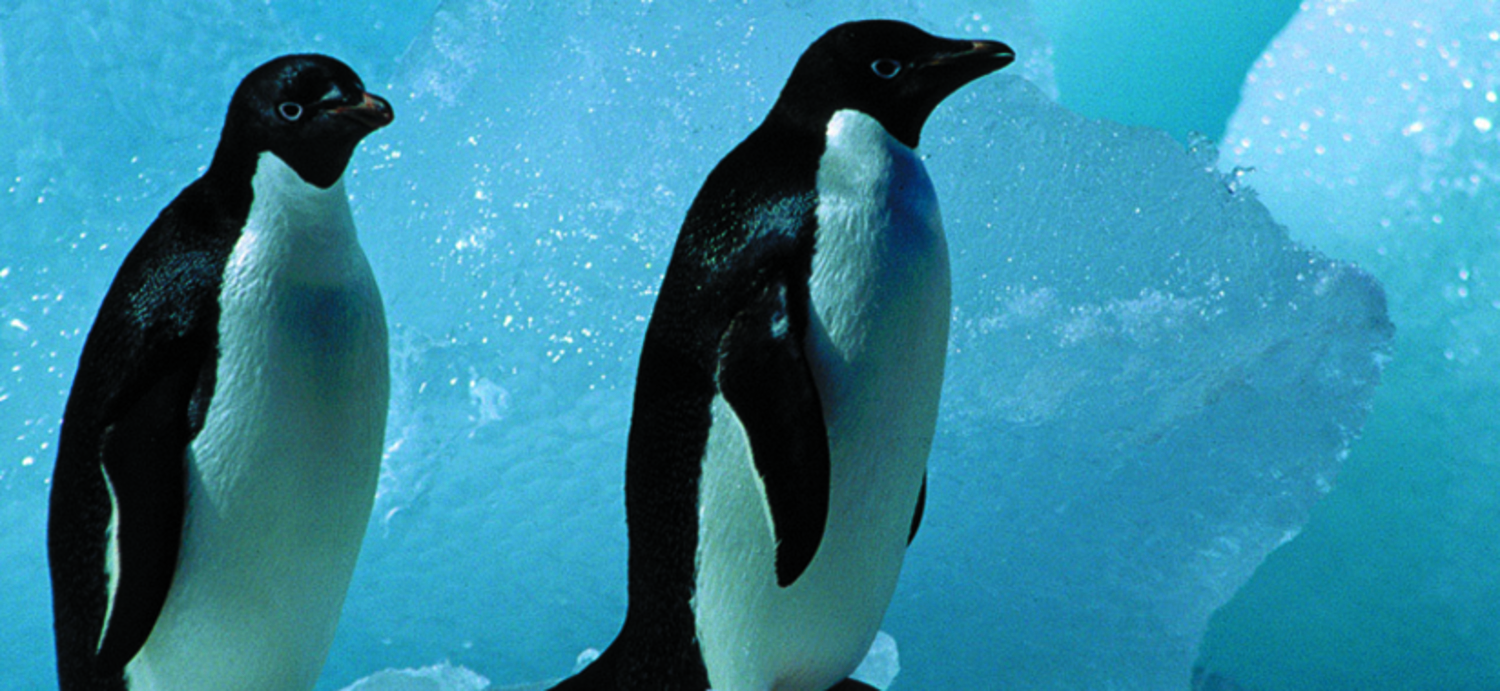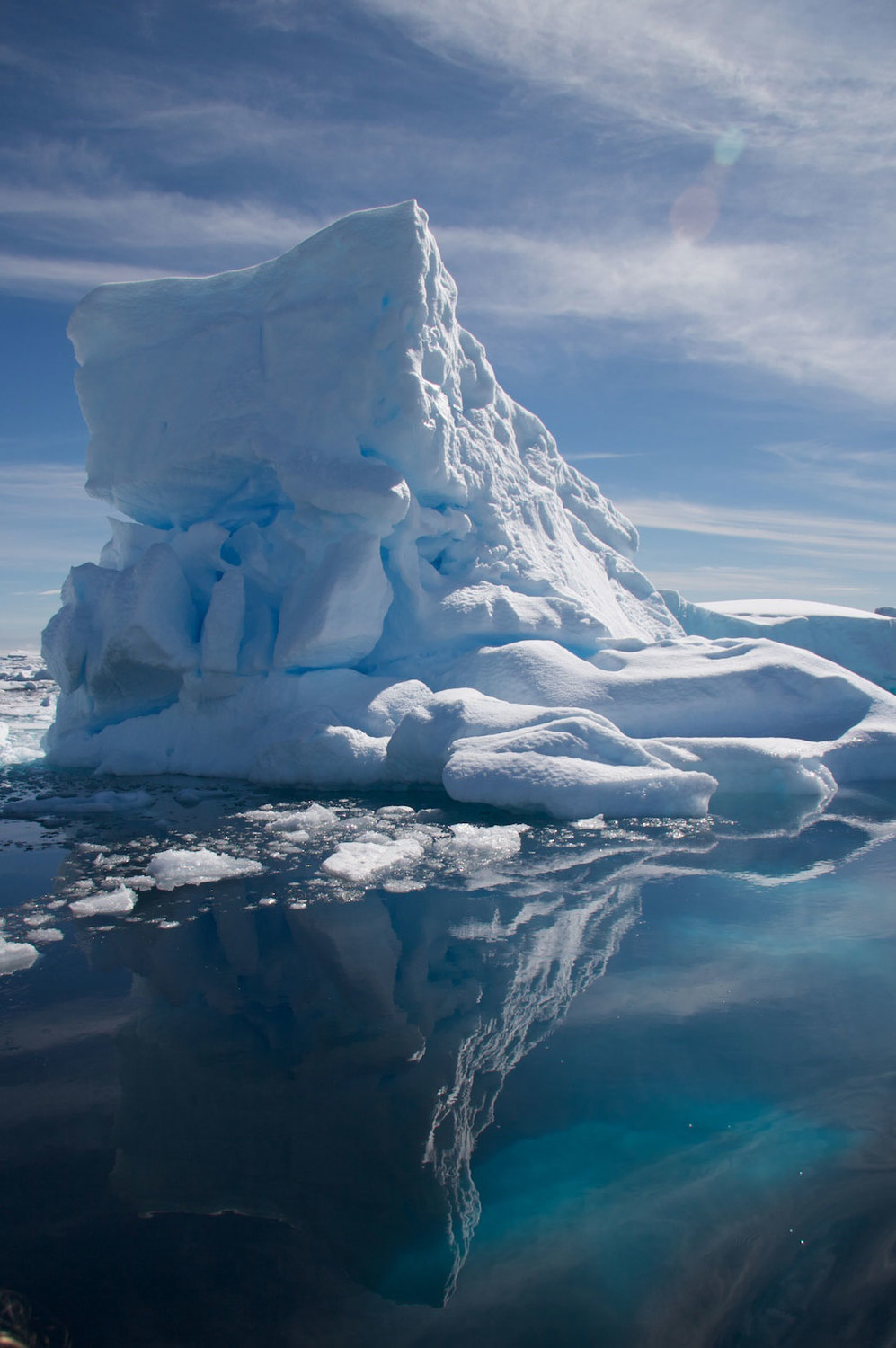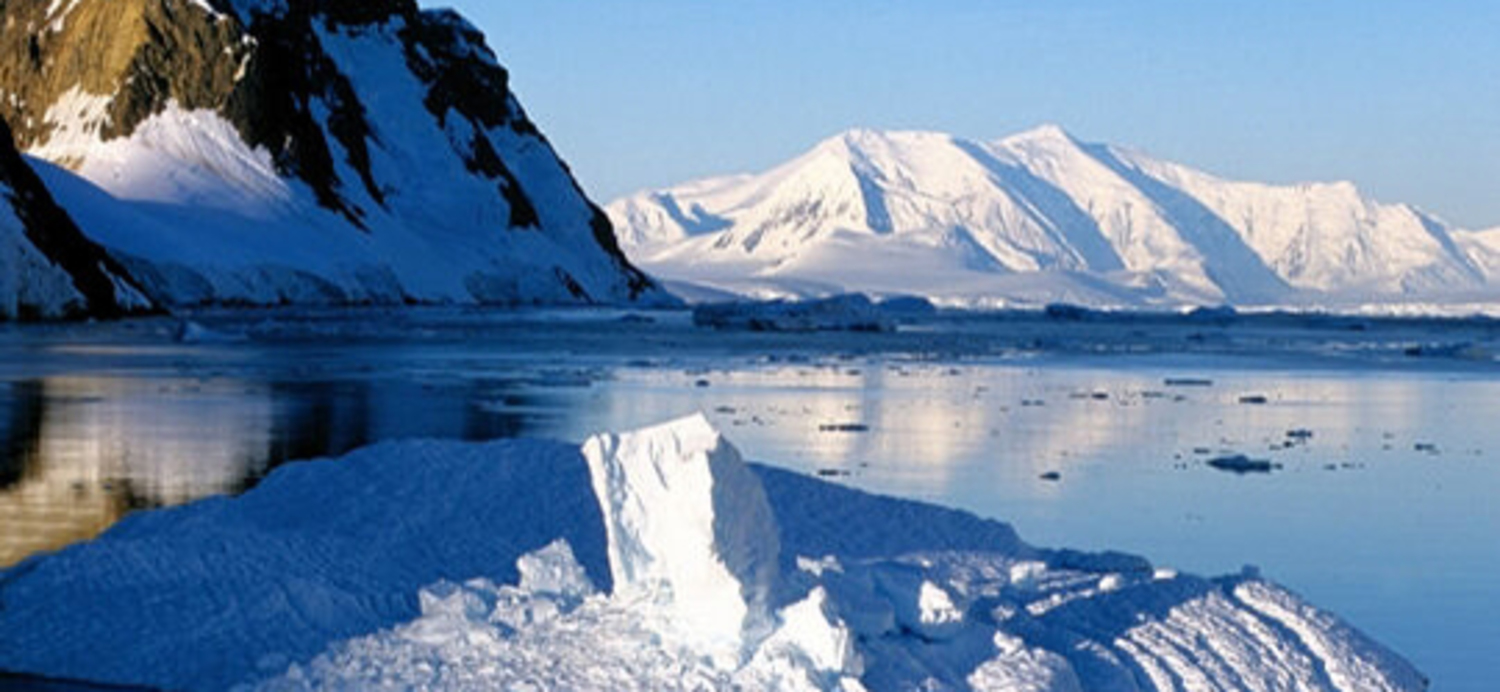The Polar Initiative
Together for a greater protection of polar regions
Polar regions are at the center of attention, as visible signs of climate-induced changes are on the news regularly. With the 2019 IPCC SROCC putting a dedicated focus on the cryosphere, there is an appetite to better understand the extent and scope of the changes together with how these changes affect the global social, economic and environmental systems and double the efforts to protect these fragile ecosystems.
Polar regions have been a priority geographical area for PA2F from the start; upon years of allocating grants to recipients, PA2F has built an extensive network of partners and friends involved in polar issues. Further, strongly led by the personal commitment of sovereign princes, Monaco institutions have engaged in polar work, building on science and explorations led by Prince Albert Ist and expeditions to both poles by HSH Prince Albert II. This provides PA2F with a capital of credibility that will be capitalized upon for greater influence and advocacy on polar issues.
Taking into account the Principality ‘neutral’ position on the theme and its capacity to reach out to all stakeholders and countries, the Initiative will allow PA2F to take a more pro-active role in polar conservation, closely collaborating with key partners.
The Polar Initiative will take a leading role in some of the challenges related to the understanding and protection of polar ecosystems, with the objective to generate greater influence and impact benefitting the protection of the polar regions.
The initiative is initially built as a 4-year programmatic effort 2022-2025 and targets areas of traditional interest to the Foundation and in line with its potential for influence and convening: science, policy, capacity building and conservation action. It proposes 4 axes of work, namely:
- Science-based evidence and knowledge: With legitimate co-conveners, PA2F will organize a symposium in year 1 and 3, convening leading scientists. The first one was held on 24-25 February 2022 questioning how the changes in the two poles influence global systems.
- Campaigns to weigh in on particular impactful policy changes and management actions
- Capacity building through fellowships via SCAR and IASC
- Delivery of conservation actions through PA2F regular calls for projects.
Active coordination and synergies will be sought across the 4 axes, privileging principles of partnerships, recognizing interconnected challenges and the need for multidisciplinary approaches, valuing contributions of indigenous and local communities, seeking networking across the projects and activities, and leveraging co-financing. Linkages with other PA2F initiatives will be sought.
2d Polar Symposium
22d and 23rd February 2024
The polar symposium will convene, for the second time, leading scientists to discuss how, how fast and in what ways changes in our planet’s polar regions are affecting Earth climate, living and social systems and how this concerns us all.
The event will inform management, policies and collective action in the poles and feed into processes at international and regional levels. It will serve as a landmark dialogue reaffirming the role of science in decision making and revisiting the critical role of the cryosphere in a changing climate.
The Symposium is being organised by the Prince Albert II of Monaco Foundation with the Scientific Committee on Antarctic Research (SCAR) and the International Arctic Science Committee (IASC) as co-conveners, in collaboration with the Oceanographic Institute.
Recognising their expertise and work on the subject, a number of key partners and experts will feed the talks, including the participation of early career scientists.
The Symposium is privileged as an in-person event and hosted at the Oceanographic Museum of Monaco and available on streaming.
Convened under the presidency of HSH Prince Albert II of Monaco, it will reassert the priority of the Foundation for polar regions and amplify the call for dialogue across sciences and policies.
The link to the virtual stream of the symposium will be available soon on the website of the initiative.

